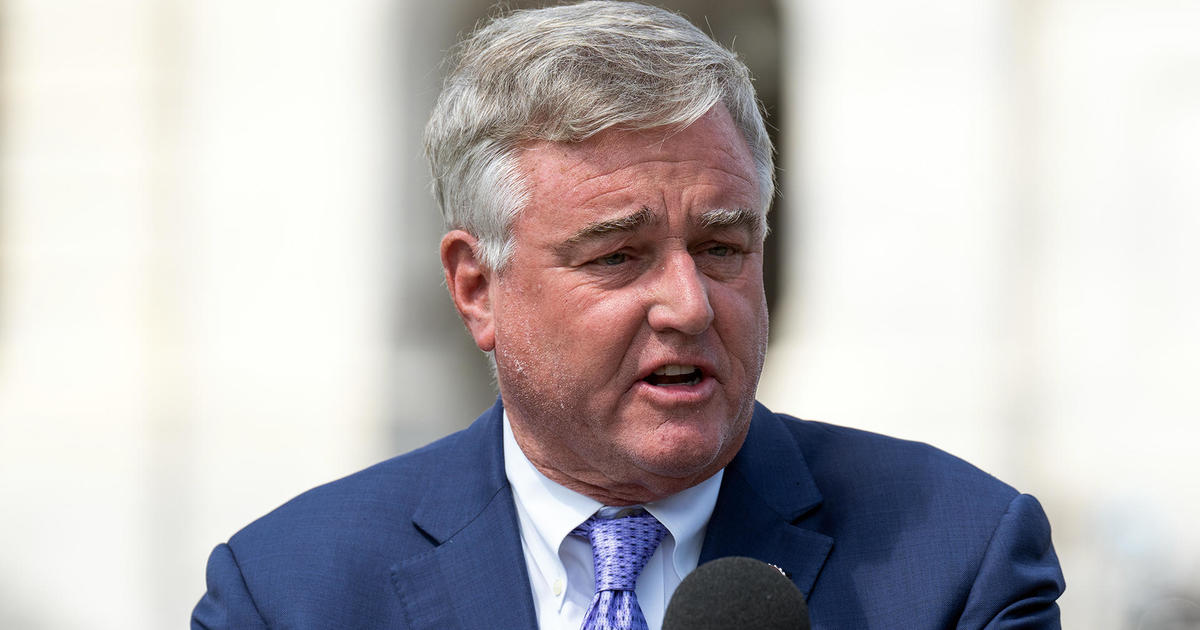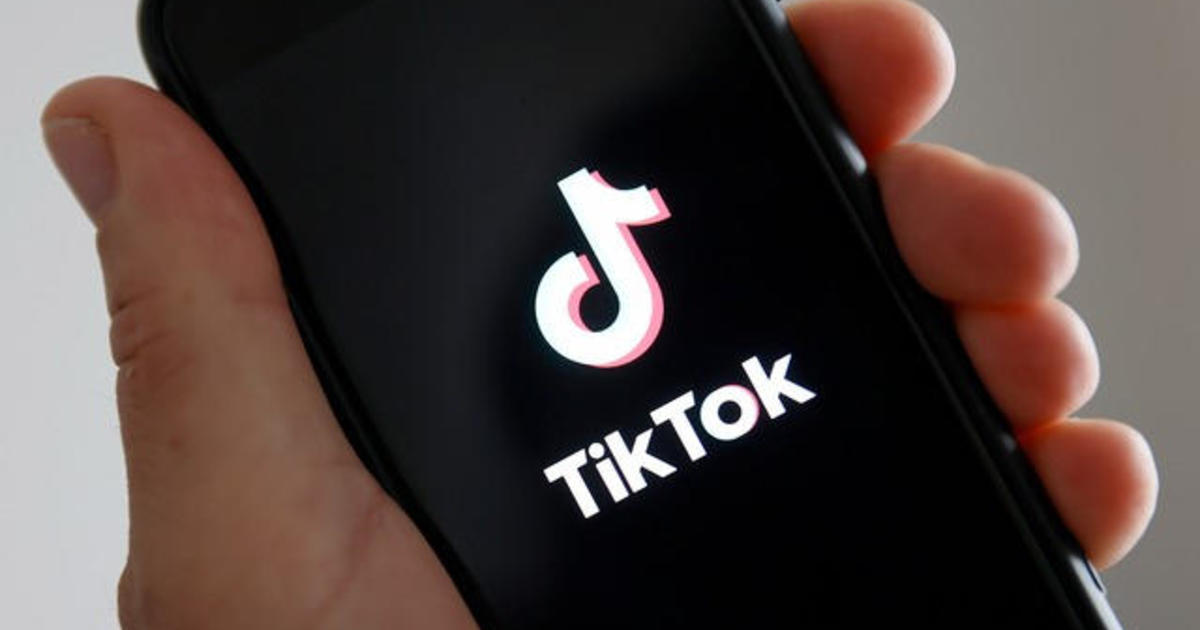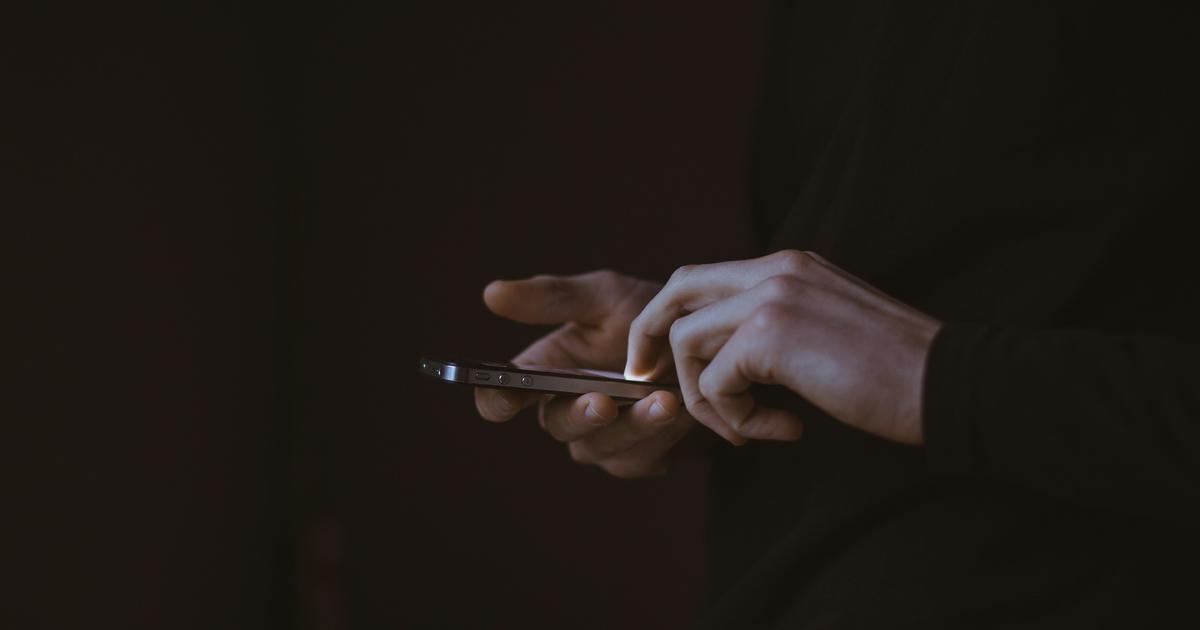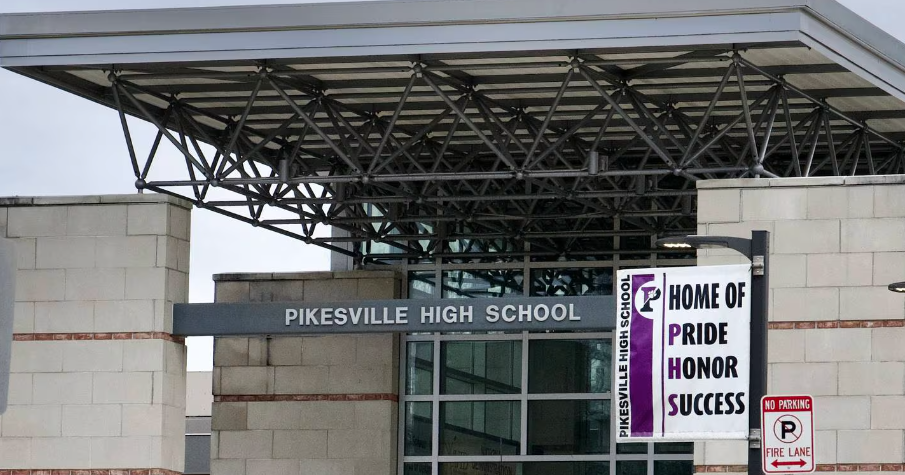Maryland, National Leaders React To Violence In Charlottesville That Killed 3
CHARLOTTESVILLE, Va. (WJZ/AP) — Governor Larry Hogan, as well as Maryland U.S. Congressman Elijah Cummings, and other U.S. leaders reacted on Saturday to the violence in Charlottesville that claimed the lives of 3 people.
A 20-year-old man drove his car into a crowd of people peacefully protesting a white nationalist rally, killing one person, hurting more than a dozen others and ratcheting up tension in a day full of violent confrontations.
On social media, Governor Hogan wrote: "Violence, bigotry must be confronted & condemned. Disgusting acts in Charlottesville have no place in our society."
Governor Hogan says he reached out to Virginia Governor Terry McAuliffe to express his support on behalf of the state.
"My heart goes out to the people of Charlottesville, to those who were harmed by today's senseless violence and their loved ones.
"We must recognize that what happened in Charlottesville is not new. It is the latest manifestation of a long history of hatred that continues to fester in this country, enabled now more than it has been for generations.
"Our words of condemnation must be followed by actions to ensure those responsible for white supremacist violence are held to account and brought to justice."
Late Saturday, the Department of Justice announced the opening of a federal civil rights investigation into the deadly car attack. Attorney General Jeff Sessions said that the FBI's Richmond field office and Rick Mountcastle, the U.S. Attorney for the Western District of Virginia, will lead the investigation.
"The violence and deaths in Charlottesville strike at the heart of American law and justice," Sessions said in a statement.
"When such actions arise from racial bigotry and hatred, they betray our core values and cannot be tolerated."
The turbulence began Friday night, when the white nationalists carried torches through the University of Virginia campus. It quickly spiraled into violence Saturday morning. Hundreds of people threw punches, hurled water bottles and unleashed chemical sprays. At least three more men have been arrested in connection to the protests.
The chaos boiled over at what is believed to be the largest group of white nationalists to come together in a decade. The governor declared a state of emergency, and police dressed in riot gear ordered people out. The group had gathered to protest plans to remove a statue of Confederate Gen. Robert E. Lee, and others arrived to protest the racism.
President Donald Trump condemned "in the strongest possible terms" what he called an "egregious display of hatred, bigotry and violence on many sides" after the clashes. He called for "a swift restoration of law and order and the protection of innocent lives."
Trump said he had spoken with the governor of Virginia, Terry McAuliffe, and "we agreed that the hate and the division must stop and must stop right now."
But some of the white nationalists cited Trump's victory as validation for their beliefs, and Trump's critics pointed to the president's racially tinged rhetoric as exploiting the nation's festering racial tension.
The Rev. Jesse Jackson noted that Trump for years publicly questioned President Barack Obama's citizenship.
"We are in a very dangerous place right now," he said.
It's the latest hostility in Charlottesville since the city about 100 miles outside of Washington, D.C., voted earlier this year to remove a statue of Lee.
In May, a torch-wielding group that included prominent white nationalist Richard Spencer gathered around the statue for a nighttime protest, and in July, about 50 members of a North Carolina-based KKK group traveled there for a rally, where they were met by hundreds of counter-protesters.
Charlottesville Mayor Michael Signer said he was disgusted that the white nationalists had come to his town and blamed Trump for inflaming racial prejudices.
"I'm not going to make any bones about it. I place the blame for a lot of what you're seeing in American today right at the doorstep of the White House and the people around the president," he said.
Charlottesville, nestled in the foothills of the Blue Ridge Mountains, is a liberal-leaning city that's home to the flagship UVA and Monticello, the home of Thomas Jefferson.
The statue's removal is part of a broader city effort to change the way Charlottesville's history of race is told in public spaces. The city has also renamed Lee Park, where the statue stands, and Jackson Park, named for Confederate General Thomas "Stonewall" Jackson. They're now called Emancipation Park and Justice Park, respectively.
For now, the Lee statue remains. A group called the Monument Fund filed a lawsuit arguing that removing the statue would violate a state law governing war memorials. A judge has agreed to temporarily block the city from removing the statue for six months.
___
Associated Press writers Alan Suderman in Richmond, Virginia, Heidi Brown in Charlottesville, Claire Galofaro in Louisville, Kentucky, and John Seewer in Maumee, Ohio, contributed to this report.



